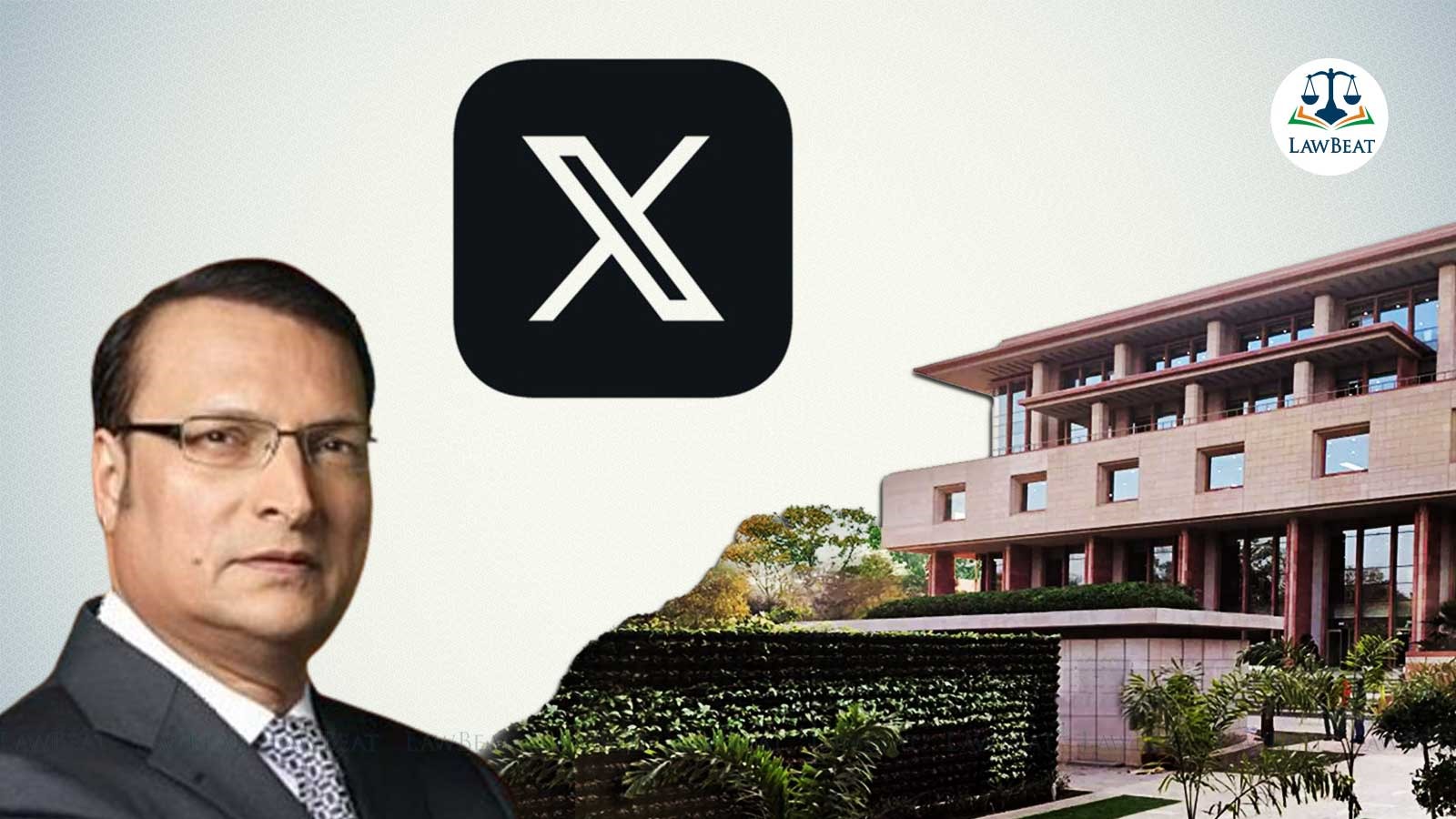'Mandatory To Remove Tweets': Delhi High Court To X Corp In Journalist Rajat Sharma Defamation Case

Rajat Sharma had filed a lawsuit seeking a permanent injunction and damages of INR 100 crores, alleging that several Congress leaders misrepresented his conduct during a televised debate on India TV Channel and shared edited footage on social media.
The Delhi High Court, on Wednesday, clarified that X Corp, previously known as Twitter, was required to comply with the single judge's order. This directive stemmed from a case originating from a televised debate on India TV Channel, where Congress leaders were alleged to have misrepresented Rajat's actions and disseminated edited footage on social media.
The bench, comprising Acting Chief Justice Manmohan and Justice Tushar Rao Gedela held, ‘You're an intermediary, you can be directed to take down. Please see, there is a judgment of Supreme Court that court will direct the intermediary to take down. It doesn't lie in your mouth to say that you won't take it down. You'll have to comply’.
However, Senior Advocate Rajshekhar Rao, representing X Corp, raised concerns over the ex parte decision, arguing that it placed an undue burden on the platform. Despite these objections, the court maintained that as an intermediary, X Corp was obligated to adhere to judicial directives, referencing Supreme Court rulings that mandate intermediaries to take down content as ordered.
The court further highlighted the global trend of non-compliance by intermediaries, yet stressed the importance of adherence to judicial orders in matters involving personal reputation. While acknowledging X Corp's claim of being a neutral platform, the court reiterated its concerns about the platform's behavior that contradicted its intermediary status. It clarified that the single judge's order was an ad interim one, with further hearings scheduled.
Previously, the single-judge bench had ruled that while public criticism and postings on intermediary platforms like X are subject to a higher threshold, personal dignity, and reputation cannot be compromised under the pretext of free speech. The courts are responsible for balancing these competing rights.
The single judge also noted that despite Rajat Sharma not engaging in any abusive conduct, subsequent videos and posts misrepresented the facts, potentially damaging Sharma’s reputation. Given these considerations, the court found that allowing the videos and posts to remain in the public domain would cause irreparable harm to Sharma’s reputation as a journalist. The single-judge reiterated that granting an ex parte injunction should occur only under exceptional circumstances.
Case Title: X Corp v Rajat Sharma
